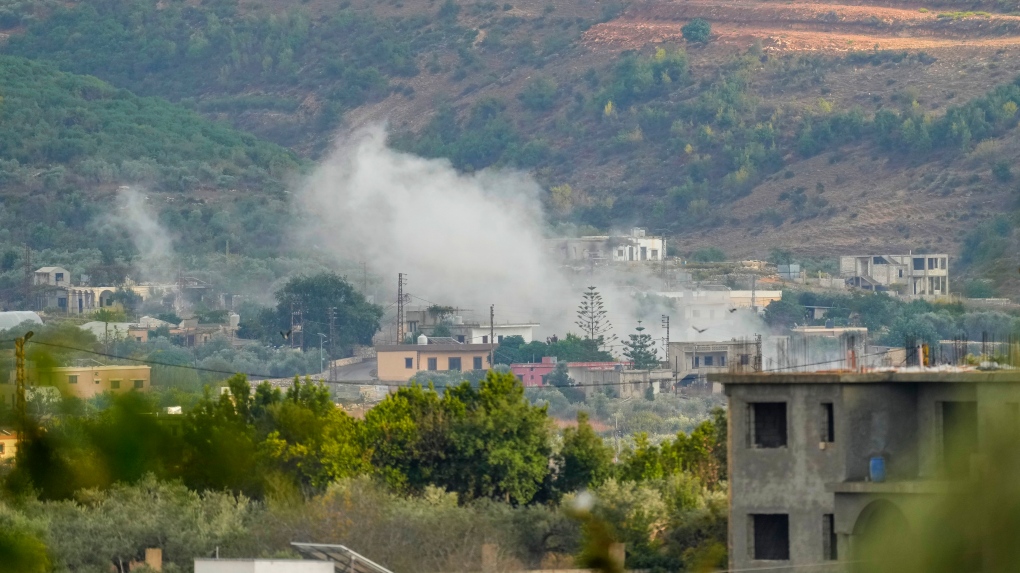CITIZENSHIP CONCERNS LINGER AFTER EVACUATION
Lebanese-Canadians Mike Blanchfield CanWest News Service Thursday, July 12, 2007
Article Link
OTTAWA - One year after the war in Lebanon sparked the mass evacuation of 15,000 Canadians, no one knows for sure how many Lebanese-Canadians actually went back to their established lives there, after their tax-payer-funded rescue.
But one thing is certain: the debate over Canadian dual national citizenship sparked by the crisis continues to simmer one year later, with hard feelings on both sides of the issue. Much of that may have been fuelled by an unsubstantiated report that suggested half those rescued simply went back to Lebanon.
Critics say the Conservative government's ongoing examination of dual citizenship is unfair or insensitive, and tarnishes many hardworking and loyal immigrants.
Others, including some of Lebanese descent, do not like the fact that some -- again,
no one knows for sure how many -- Lebanese-Canadians simply went back to their established lives in Lebanon, and tucked away their Canadian passports for the next emergency.
"If you are on vacation and you are a taxpayer, you are entitled to get all the help that your government could afford," said Elias Bejjani, chairman of the Lebanese-Canadian Co-ordinating Council.
As for those who simply took the free ride --
a sealift from Beirut to Cyprus or Turkey and then a flight back to Canada -- and who don't pay taxes in Canada, Mr. Bejjani said they probably should have been billed.
Last fall, then-immigration minister Monte Solberg served notice that the government was going to review dual citizenship because Canadians want to know "that we're not just a port in a storm" for people who don't pay taxes from abroad but are "going to be using our social programs down the road."
The review is continuing under current Immigration Minister Diane Finley.
The issue was stoked by a television report, citing unnamed sources, that
7,000 of the 15,000 rescued Lebanese-Canadians went back to Lebanon within a month of their rescue.
In all, the rescue effort cost the federal government nearly $100 million.
That figure of 7,000, cited by CTV News, has been bandied about publicly, but the people in government you would expect would be aware of such a number simply do not know where it came from.
"Canada does not have exit controls so it doesn't track the movement of its citizens," said Dan Dugas, the spokesman for Foreign Affairs Minister Peter MacKay.
The one federal public servant who knows most about this subject, Tina Chiu is the chief of the immigration and ethno-cultural statistics program for Statistics Canada, agrees.
"There are a number of methodological challenges to that," Ms. Chiu explained.
For one, it is voluntary for Canadians to report where they are going to their government, she said.
That means signing your name at the Canadian Embassy of a country in which you have just landed, or registering your presence on-line.
More on link




